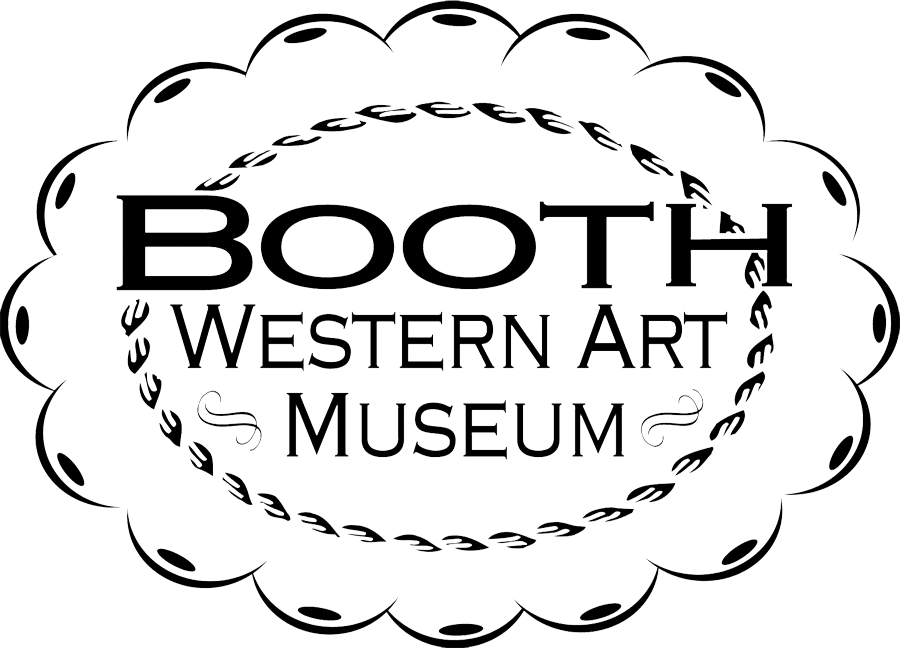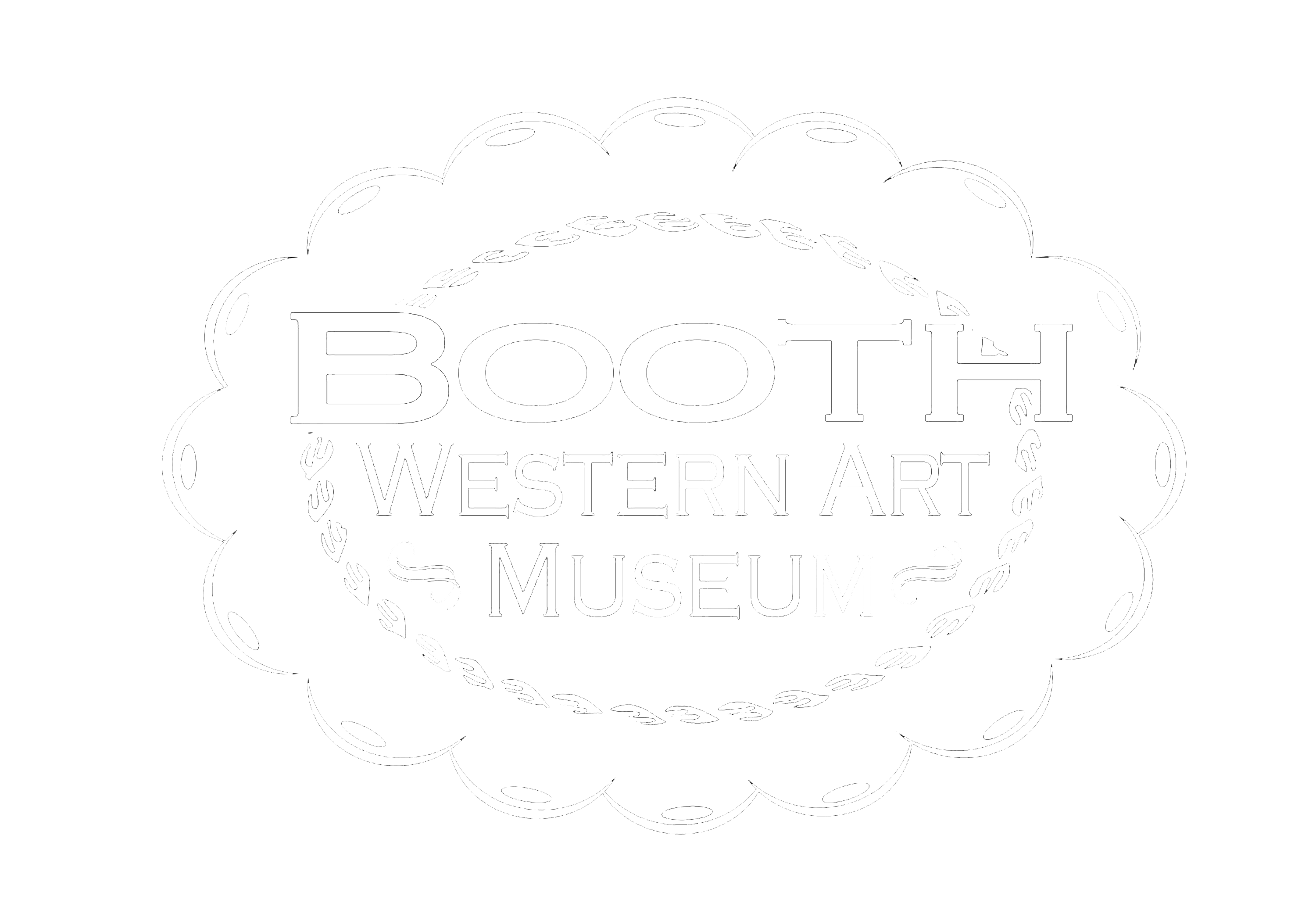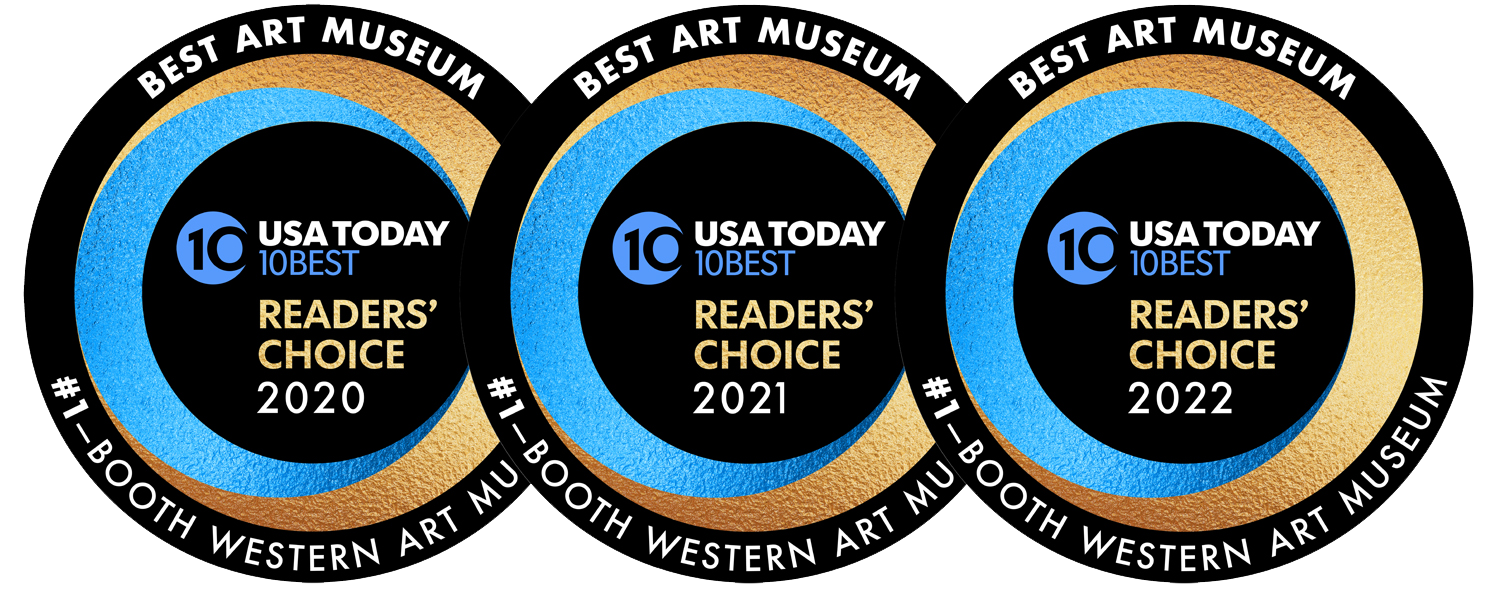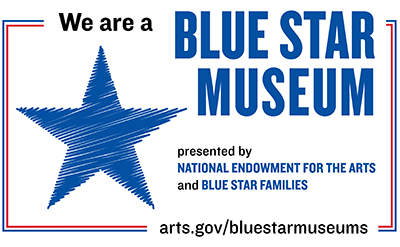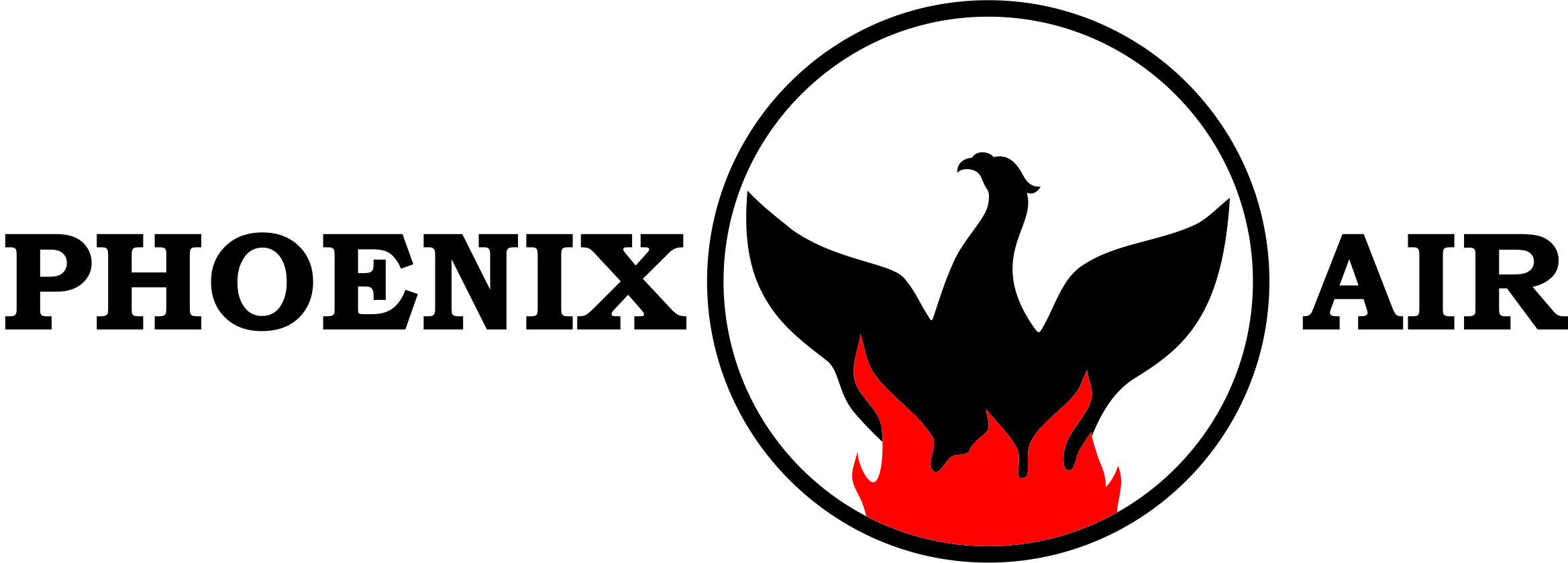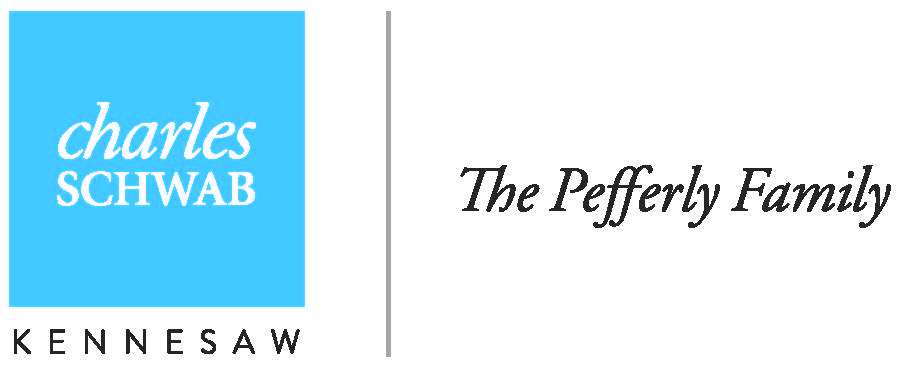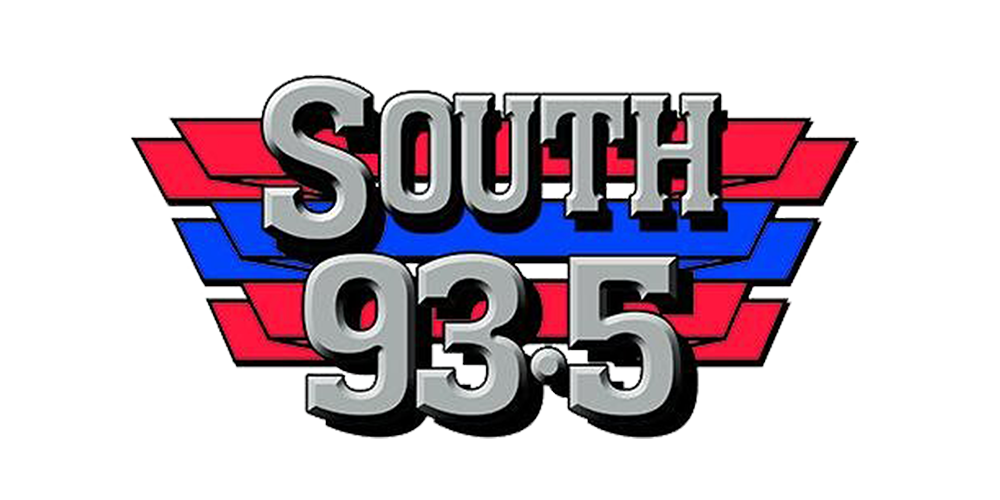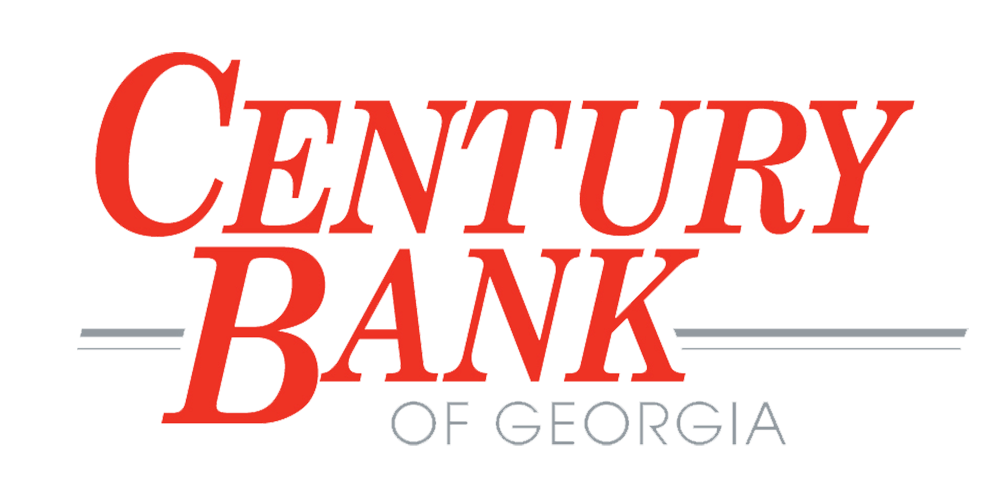Booth Western Art Museum seeks to unite people with art by creating a platform for multiple perspectives and removing barriers to access. The Museum is committed to providing a welcoming and accessible space for all patrons, regardless of age, gender, race, or disability.
Please visit the admission desk for information on accessibility upon arrival.
ACCESSIBLE INTERACTIVE TOUR APP
If you’re unable to join a guided docent tour, we offer a digital alternative for free through a mobile web app. Simply scan the QR code available at the front desk to access our interactive, self-guided tour experience, In A Cultural Lens: How Diverse Artists and Subjects Have Shaped the Landscape of the American West, or ask for the available tablet. The app is available in both English and Spanish. For accessibility, the app features an audio-guided tour and is compatible with Bluetooth hearing aids. We kindly ask that you bring your own headphones to enjoy the audio components. Click one of the buttons below to open the web app!
In A Cultural Lens: How Diverse Artists and Subjects Have Shaped the Landscape of the American West
FOR VISITORS WITH MOBILITY IMPAIRMENTS
- Booth Western Art Museum parking is located on Gilmer Street across from the Museum at Tabernacle Baptist Church. Designated parking spaces for vehicles with a disability permit are available in the parking lot; all spaces are available on a first-come, first-served basis. Bus parking is also available. Security staff are available for visitors needing assistance. Please call 770-387-1300 upon arrival.
- Visitors may enter through the double doors. There is an automatic door at the main entrance.
- All Museum levels are all accessible by elevator. Visitors may use manual or power wheelchairs or scooters and manually powered mobility aids such as walkers, crutches, and canes throughout the Museum, including galleries. Please note, the Museum has manual wheelchairs available on a first-come, first-served basis.
- All restrooms include an accessible stall as well as baby-changing facilities. CLICK HERE for a map with restroom locations. An adult changing station is located in the restroom next to the Ballroom on the first floor.
- Seating is provided in the galleries on all levels of the building.
FOR VISITORS WITH MEDICALLY NECESSARY SUPPLIES
- Medically necessary liquids including freezer packs, IV bags, and portable oxygen are permitted in the Museum. Please ask staff at the admission desk for a sticker for your medically required supplies to ensure that all staff members understand that your equipment is approved for use in the galleries.
PLEASE NOTE: Food and drinks (including bottled water) are not allowed in the Museum galleries for protection of the artwork. If a visitor has a medical condition that requires you to carry water, please notify an admission desk staff member upon arrival.
FOR VISITORS WITH AUTISM SPECTRUM DISORDERS OR SENSORY SENSITIVITIES
- All of our art-making programs (Open Studio, Family Night, etc) are equipped with noise-canceling headphones and fidgets, available on a first-come, first-served basis. Please feel free to bring your own.
- Sensory bags are available for check out at the front desk.
- Booth Social Stories—illustrated introductions to the Museum— help you prepare for your visit. CLICK HERE for our family friendly social story. Download, print, and read the social story about visiting the Museum with your guests. This will help prepare your child for the visit and will cover important things to remember, such as Museum rules.
- A Booth Sensory Friendly Map for visitors on the autism spectrum is available. CLICK HERE to download English version or CLICK HERE to download Spanish version. We have identified some spaces within the Museum that you should be aware of during your visit. These spaces—some of which are quieter and less crowded and others that are overly stimulating—are indicated in this Sensory Friendly Map. Use the Booth Visual Checklist to design your visit.
- Temperature: It is always 71°F inside The Booth. Artwork is best conserved at lower temperatures. We suggest bringing a light jacket or sweater in case you get chilly.
Upcoming Event
Sensory Friendly Morning
January 25, 10:00 am – 1:00 pm
Audiences with sensory processing skills are invited to enjoy the Booth in a comfortable and welcoming environment!
These resources were created in consultation with Emory Autism Center and the Exceptional Education Department, Bartow County School District.
